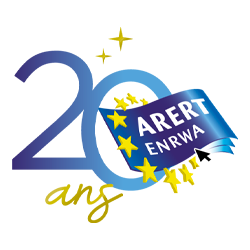Speech excerpt Mr Tobback, Chairman of the Steering committee of ARERT, first Congress of European notaries in Rome 2005.
Dear colleagues,
On 8 July 2005, the Slovenian, French and Belgian notariats filed in Brussels the articles of the ENRWA, an international non-profit-making association that aims to create a European network of national registers of wills of European Union Member States and candidate countries. The ENRWA wishes to promote judicial cooperation between authorities responsible for settling successions in the Member States. A technical partnership initiated by the Belgian and French notaries in 2001 has already been crowned with success and we intend to extend this experimentation.
The importance of this project should not be underestimated. The number of wills with international components is increasing, with the free movement of people and goods. And the diversity of tax regimes means that the testamentary instrument is gaining in popularity in estate planning. Finding a will is also an international challenge that gave rise to the Basel Convention, which encouraged States to create central registers of last wishes.
We should certainly opt for national and regional registers rather than a European register. A European register would run counter to the existing legal cultures within Europe. Furthermore, an effective register requires it to be both anchored in its specific legal environment and intimately linked to it.
The support of the European Community is extremely important, not only in financial terms for the development of the network and for the creation of electronic registers in countries where they do not yet exist, but also in regulatory terms for the creation of the legal framework. The European Commission's Green Paper on Succession and Wills, presented on 1st March 2005, provides for the creation of a network to meet the challenge of tracing wills and mutual recognition in matters of successio
The project is progressive and innovative for several reasons:
- It is a concrete project which will be of benefit to citizens.
- It promotes cooperation between law professionals in charge of successions.
- It involves technological innovation, which will be useful for future projects.
The project is proof that it is possible to work together in a way that respects the different legal systems. Unity in diversity must be the strength of the new judicial Europe.
Thank you for your attention.




